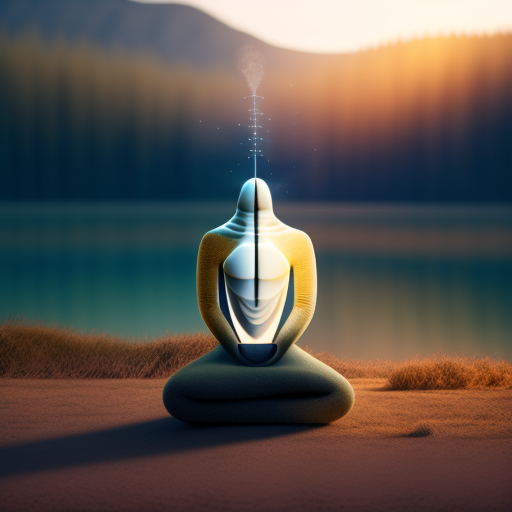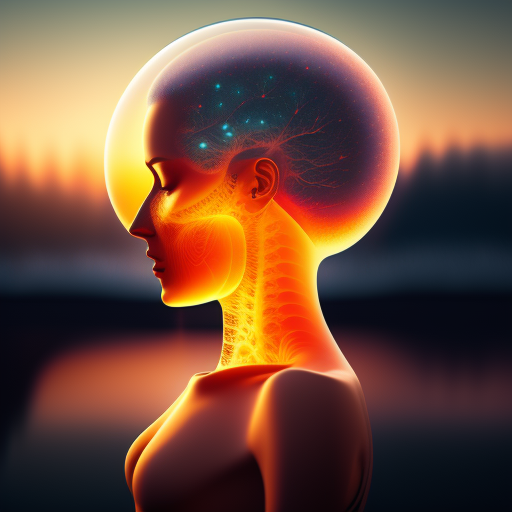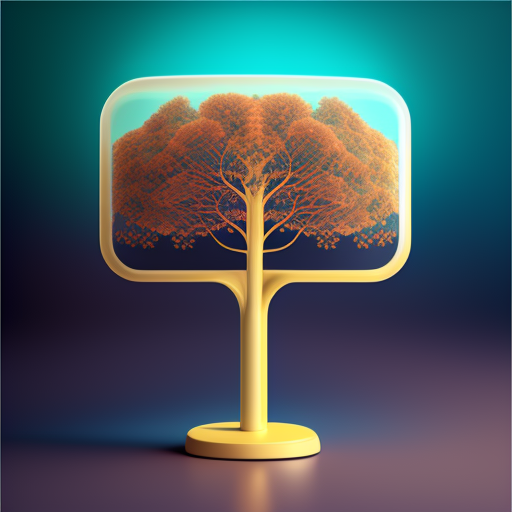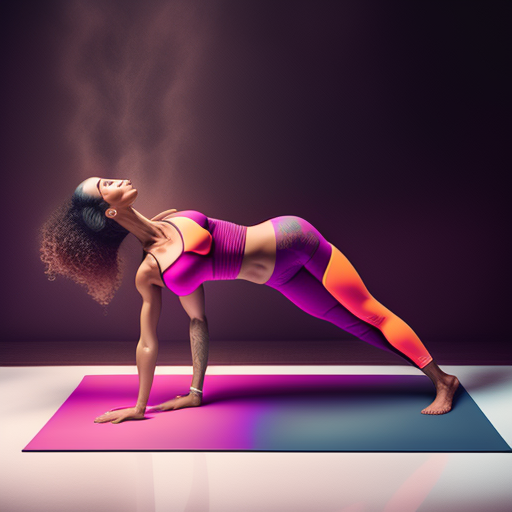Alternative Therapies for Insomnia and Anxiety: Acupuncture, Yoga, and Meditation


Insomnia and anxiety are common problems that affect many people. While there are a variety of traditional medical treatments available for these conditions, such as prescription medications and therapy, some people prefer to explore alternative therapies. Alternative therapies for insomnia and anxiety can include a wide range of practices and techniques, including acupuncture, yoga, and meditation. In this article, we will explore these alternative therapies, along with some common questions about them.
What are the alternative therapies for insomnia?
Alternative therapies for insomnia can include a variety of practices and techniques, including:
- Acupuncture
- Herbal remedies
- Cognitive-behavioral therapy
- Mindfulness-based stress reduction
- Breathing exercises
- Relaxation techniques
- Naturopathy
- Hypnotherapy
- Ayurvedic medicine
- Homeopathy
- Exercise
- Nutrition
- Sleep hygiene
- Holistic approaches
Each of these alternative therapies can be used to help treat insomnia, either alone or in combination with other treatments.
Can acupuncture help with anxiety and insomnia?
Acupuncture is a traditional Chinese medicine practice that involves inserting thin needles into specific points on the body. While the exact mechanism of action for acupuncture is still not fully understood, studies have suggested that it may help regulate the body’s nervous system, which can help reduce anxiety and improve sleep.
Several studies have looked at the use of acupuncture for anxiety and insomnia, and while the results are not definitive, some studies have suggested that acupuncture can be an effective treatment for these conditions. In addition, acupuncture is generally considered safe when performed by a licensed practitioner.
What is the best therapy for anxiety and insomnia?
There is no single “best” therapy for anxiety and insomnia, as the most effective treatment will depend on the individual’s specific symptoms and needs. However, some alternative therapies that have shown promise for treating these conditions include:



- Yoga: Yoga involves physical postures, breathing exercises, and meditation, and has been shown to be effective for reducing stress and improving sleep.
- Meditation: Meditation involves focusing the mind on a particular object or idea, and has been shown to be effective for reducing anxiety and improving sleep.
- Cognitive-behavioral therapy: Cognitive-behavioral therapy (CBT) is a form of therapy that focuses on changing negative thought patterns and behaviors, and has been shown to be effective for treating anxiety and insomnia.
- Herbal remedies: Certain herbs, such as valerian root and chamomile, have been traditionally used to help improve sleep and reduce anxiety.
- Mindfulness-based stress reduction: Mindfulness-based stress reduction (MBSR) is a program that involves mindfulness meditation and gentle yoga, and has been shown to be effective for reducing anxiety and improving sleep.
Again, the best therapy for anxiety and insomnia will depend on the individual’s specific needs and preferences.
What are the 5 major types of complementary and alternative medicine?
Complementary and alternative medicine (CAM) refers to a wide range of practices and techniques that are used in addition to, or instead of, traditional medical treatments. Some of the major types of CAM include:

- Acupuncture: A traditional Chinese medicine practice that involves inserting thin needles into specific points on the body.
- Naturopathy: A holistic approach to health that emphasizes natural remedies and treatments, such as herbal remedies and nutrition.
- Homeopathy: A system of medicine that uses highly diluted substances to stimulate the body’s natural healing processes.
- Hypnotherapy: A form of therapy that uses hypnosis to help people change negative thought patterns and behaviors.
- Ayurvedic medicine: An ancient Indian system of medicine that emphasizes the use of herbal remedies, nutrition, and lifestyle practices to promote health and well-being.
Other types of CAM may include chiropractic, massage therapy, energy healing, and more. It is important to note that while many alternative therapies have shown promise for treating a variety of conditions, not all alternative therapies are backed by scientific evidence, and some may even be harmful. It is important to talk to a healthcare professional before trying any new treatment, especially if you are currently taking medication or have a medical condition.
In conclusion, alternative therapies can be a useful addition to traditional medical treatments for insomnia and anxiety. Acupuncture, yoga, and meditation are just a few examples of the many alternative therapies available for these conditions. By exploring a variety of treatments and working with a healthcare professional, individuals can find the best treatment plan for their unique needs and improve their overall well-being.
Here are some supplements that can help you:
The Stop Snoring and Sleep Apnea Program — Say goodbye to snoring and hello to restful sleep with The Stop Snoring and Sleep Apnea Program — the proven solution to help you sleep better tonight.
Discover How to Get the Deep Restorative Sleep You Need — Discover the secrets to achieving deep, rejuvenating sleep with our comprehensive guide — Discover How to Get the Deep Restorative Sleep You Need and wake up refreshed every morning.
Natural Insomnia Program — Blue Heron Health News — Tossing and turning at night? The Natural Insomnia Program from Blue Heron Health News provides a natural approach to help you get the restful sleep you need to feel your best.
7 Day Mind Balancing Plan — Transform your life in just 7 days with the powerful Mind Balancing Plan — Awaken your inner potential and attract love and success with ease.
Comments
Post a Comment